Trending
Opinion: How will Project 2025 impact game developers?
The Heritage Foundation's manifesto for the possible next administration could do great harm to many, including large portions of the game development community.
If a game is a launched in Steam and nobody buys it... is it really launched? Our experience with our first PC game, which took 18 months to develop and almost consumed the company. With publishers, agile methodologies, team building and Steam.

Hi guys!
This is another indie postmortem… Yeahhh! (yikes) so this time the game is called Metal Tales: Fury of the Guitar Gods. Let me introduce you:

First, who are we? We are Nuberu Games, a small company based in the north of Spain (in Asturias). We started developing mobile games in 2014, but we realized we didn’t like free to play experiences and decided to switch to PC/Consoles. So we began with Metal Tales in June 2015. After several months of development, we were chosen to be part of Game Founders, a games companies accelerator, so part of the crew moved to Malaysia for 3 months and attended their program. After that, we came back to Spain and finished our game, which was launched on 18th November 2016.
And now, about the game:
Metal tales is about shooting with guitars, passion and adventure, pure metal and adrenaline! All that combined into a top down shooter that will test your skills. Your brothers in metal have been cursed and you are the only one who can free them from this ancient evil.
Sounds cool, doesn’t it? This was part of the pitch of the game, we took almost 3 months to get to that paragraph. And almost 1.5 years to finish the game, and guess what? Less than 200 copies sold the first month (fuck yeah :( )
So, after this punch of reality, let’s jump to the “what went right” and “what went wrong”.
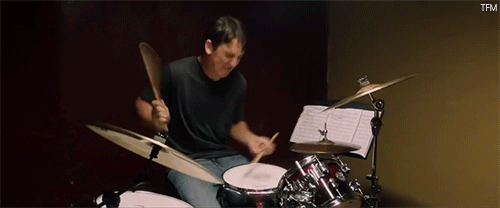
Quality
My company started doing mobile games and the quality of mobile is not the same as pc, so we were used to low graphics, low res textures, standard gameplays. We needed to improve our quality in order to highlight, because PC games are played in bigger screens and pc players are very different from mobile, they want longer play times, more things in screen, etc. So we raised our quality at the cost of time, and we go from a 9 months game to an 18 months games (which, by the way, is not a good thing)
Team + outsourcing
My team now is better, we are in the same page and we are a bunch. It was not this way in the past, and we had a lot of problems due to lack of supervision. If you have juniors in your team, they are going to need someone to learn from, and someone who can tell them why do this and why not. So, after some time, we needed to stick to our key resources and fire the people that didn’t fit. This was a lesson about hiring when you really need and deciding why you need them.
And talking about it, outsourcing appears to be (for us) a great tool to get the talent we need in the correct time.
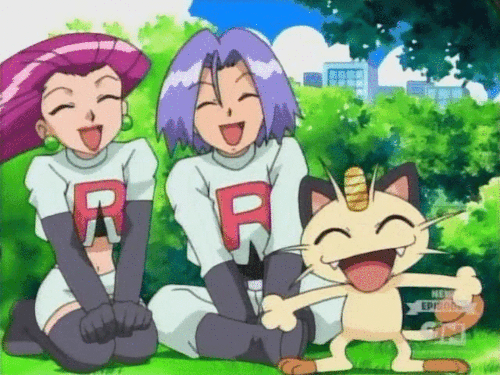
Learning
As usual, we have learned a lot. About game development, about team building, about business strategy, about mobile, about marketing, about sales, about life! I mean, each project is a new world and we love to learn from it, and every project can teach you a lot if you want.
Marketing
Yes, we knew Marketing was important and so we try to do a good campaign, maybe… In the first iterations of the game, we focused on developing the game and trying to build a community through Twitter, that was our first mistake, we didn’t understand how to use Twitter properly. We made a twitter account for the game, and started following metal bands and retweeting metal news, nothing else, and we miserably failed, because that was a very mistaken approach.
After that, we launched our greenlight and tried to make some noise in forums, but we did the noise while the greenlight was active (and it got accepted on November 2015!). And after that, we kept on with the development, while we remained in silent till the launch…
And in the end we decided to go with a Publisher, it was not in our started list of publishers we would love, but some people recommended them, so we started talking… And we guessed they were going to focus on the Marketing and we could focus on finishing the game. But making the GAMES media talk about a (unknown) Metal music game in November seems very difficult this year. So we had more exposure in the METAL media (covered by some big Metal magazines) but, for the time being, that hasn’t turned into sales.
So which are the lessons here?
In our case, we didn’t have the final visuals till 2 weeks before the launch, so this is the most important thing to learn (and the next point) USE AGILE PROPERLY
We are not sure, but we are going to try with redit and some big media forums (not JUST dev forums)
Agile
Usually, in another postmortem, this goes in the “right” section, but this time, it wasn’t. We didn’t approach it well, we miserably fail to the illusion on an MVP which wasn’t and we had to redo a lot of things (art & code) just due to iterations.
So the lessons learned here are these:
Your MVP is something with FINAL/nearly FINAL art and FINAL/nearly final mechanics. Your MVP is not a 1-hour demo with placeholders everywhere. And this is like this, because if you want to achieve press/publishers attention before the release of the game, this Demo/MVP/Vertical slice is what you have and must be superb.
And why did we do this so badly? Because in every iteration we tried to add new mechanics, new enemies, new rooms and new anything WITHOUT having finished oldest stuff. Because we tried to commit deadlines thinking we will have time to improve everything at “Polish time” but the “polish time” (now we understand) should be a lot of time if you want the game to feel right.
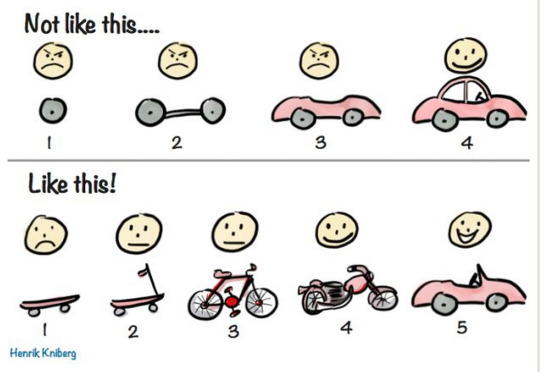
Budget & Team size
Yes, team is both in right and wrong things. Because before using outsourcing, we grew too much the team and the costs of the company were big, big enough to depend on Metal Tales only to survive (and luckily we cut it but probably not early enough). We had to live in Malaysia for 3 months (thanks to Game Founders) to realize the company was not going to be profitable in any way if we kept going like that. So we had to fire some workers and friends and stay small until the end of the game.
Planning
Yeah! Another miserably fail. A game planned to be 9 months + 3 Early Access months became a 18 months with no EA game.
First of all, we redid the art of the first level 3 or 4 times, and we change the system for creating the levels 3 times, so that was programming and art waste. Another problem was the responsibilities, our game designer had to program a lot of code (since he is an IT expert, it wasn’t a problem, but he should’ve focused on designing), so his design time was way less than we expected, maybe because our main programmer (me) wasn’t expecting so complex bosses or had to review some mechanics that changed or have to make a lot of sound programming which wasn’t expected, but hey, the sound was very important for us so in the end, a lot of time were into that part. Also doing the landing page, selecting the theme and attending mentors in Game Founders consumed a lot of time (but in this case, I think it was worth it). Also communicating from Malaysia with Spain was a little bit… well, it sucked. We understood that we have a completely lack of communication, even when we were all together in Spain.

Differentiation
And the last one, and I think the most failure of all. We put a lot of resources in creating a game for metal heads and we thought this was going to be a great thing. We are metalheads in the studio, so we knew what metalheads would like in a game, that’s a good thing, but not enough. So we have a great OST, we have all the art style focused on Metal disc covers, Metal bands, there is Metal everywhere in the game. But in the end, this is the “Binding of Isaac” for metalheads. We are the same for a lot of people. And apparently, the metalheads are not very interested in the game, and I said this because we managed to appear in blabbermouth or metal-hammer with good reviews of the game, but our sells are… well, they are what they are. So if the metalhead audience doesn’t want the game and this is our bigger differentiation, going for this market-niche, I guess for the rest of the people we are “another roguelike”.
We also tried to differentiate in the boss fights, with more complex bosses. But apparently, according to some of the few reviews we have, our mechanics were not different enough from other games.
We tried to be different with the summons, but for the people, this is another item with cooldown.
We tried to differentiate by using music from real bands and trying to use their traction to sell the game, but according to the numbers, this didn’t work (and we had some tweets from 100K+ followers accounts).
The game press didn’t pay any attention to us, we have only some exposure in Spanish press (and not all) so… close to 0.
So yes, I think we weren’t different enough.
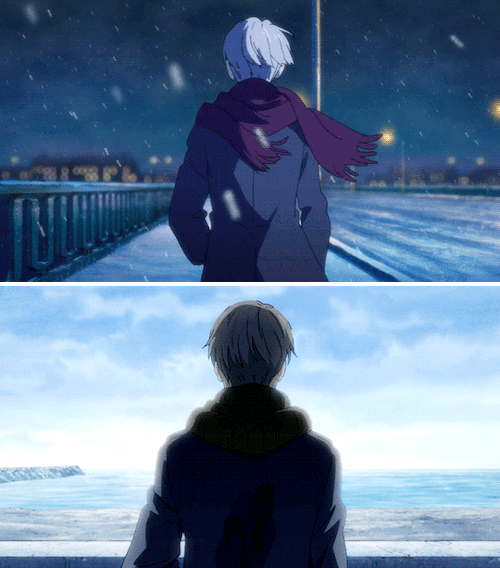
To sum up
Well, after the first month of the game, we can say we have not reached our players. Maybe our niche was very small, maybe we were aiming a wrong niche and we should have done a less metal focused game, or maybe the visibility problems in Steam are growing fast… And the reality is telling us the game is not going to be profitable at all (at least, if we cannot change the trends). And as a bonus, here you can see the Unity Analytics data we have so far:
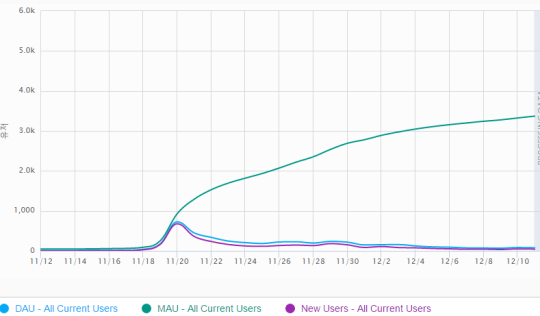

Read more about:
BlogsYou May Also Like